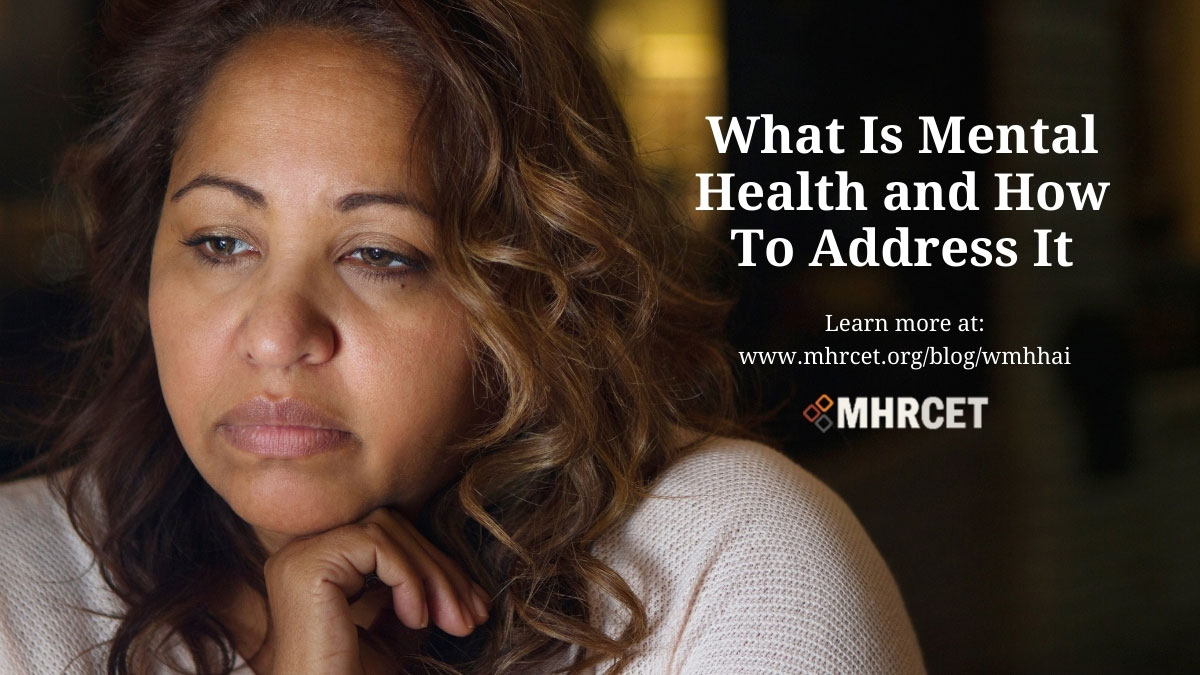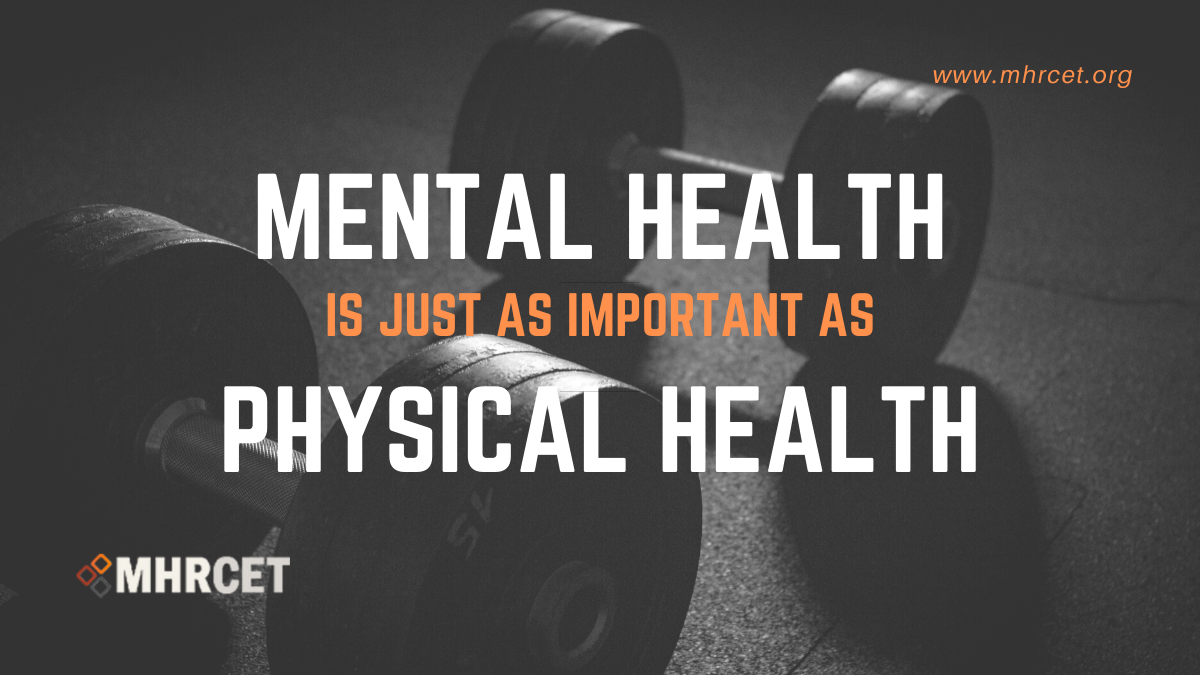When it comes to mental health, everyone has periods in their life where they need to raise their hands and ask for help—and therapists are no exception. A 2010 survey from the American Psychological Association found that 51 percent of practitioners believe their work has been impacted by burnout, anxiety, or depression. Another survey found that 61 percent of psychologists report experiencing clinical depression at least once in their lives. Psychologists, like other medical professionals, also face high rates of suicide.
It’s widely acknowledged that talking about mental illness helps de-stigmatize it. And as the national conversation about mental health has shifted (if 2017 was the year stretch marks were made cool, 2018 was definitely the year talking about mental health went mainstream) some mental health experts have found that talking openly about their experiences with depression, anxiety, and grief is both cathartic for themselves and can improve their relationships with their clients and colleagues.
“I definitely tell patients that I’ve gone to therapy,” says Los Angeles-based psychologist Sarah Neustadter, PhD, author of the forthcoming Love You Like the Sky: Surviving the Suicide of a Beloved. “It’s not necessarily something that’s taboo. I’m pretty transparent with my clients about what has made me who I am as a therapist.”
Published by:
WELL AND GOOD














